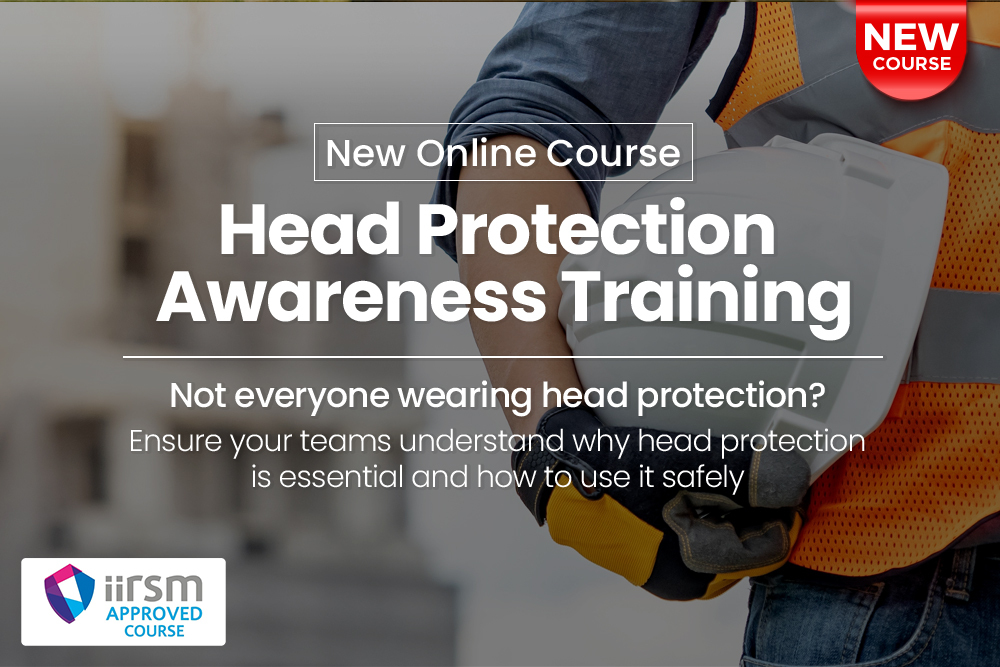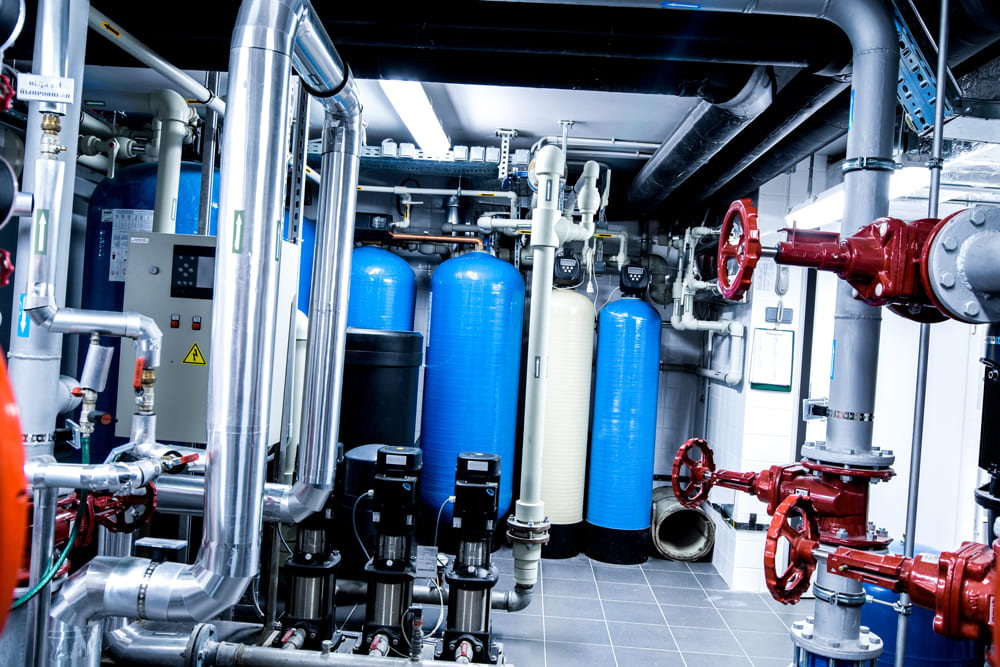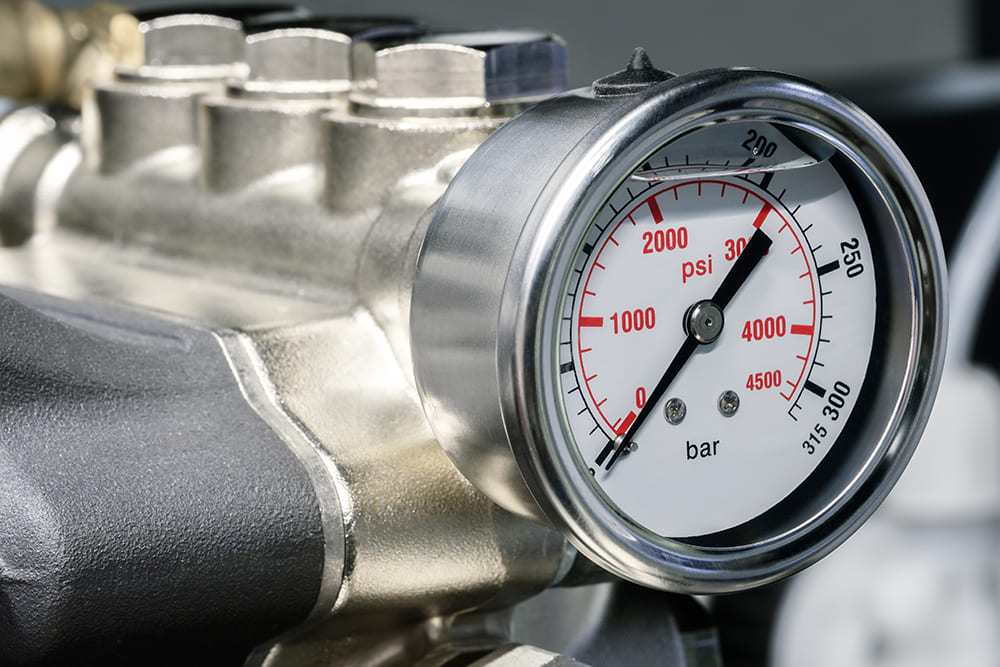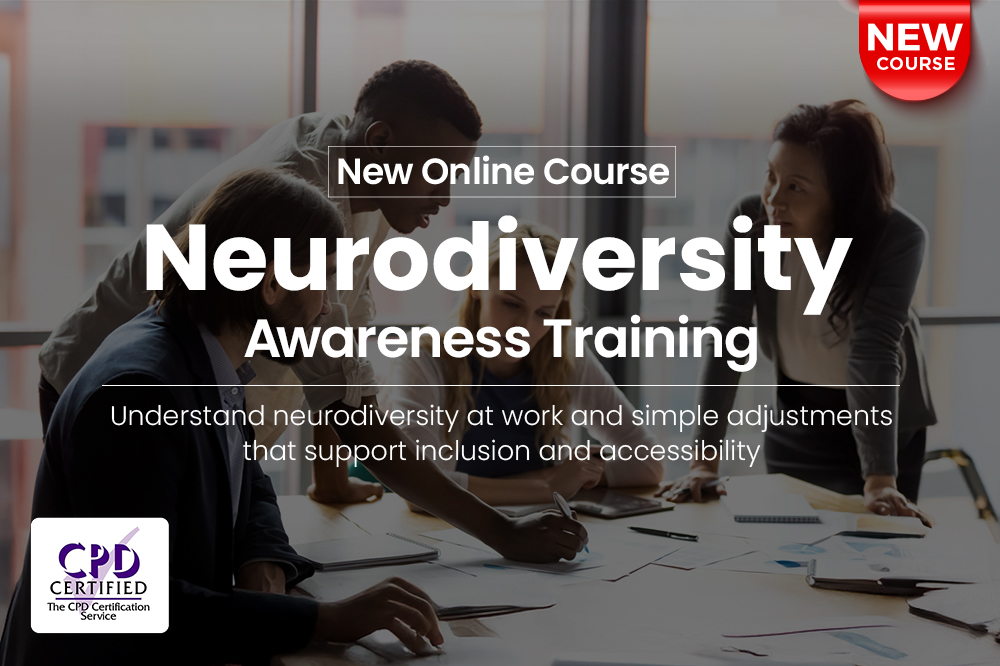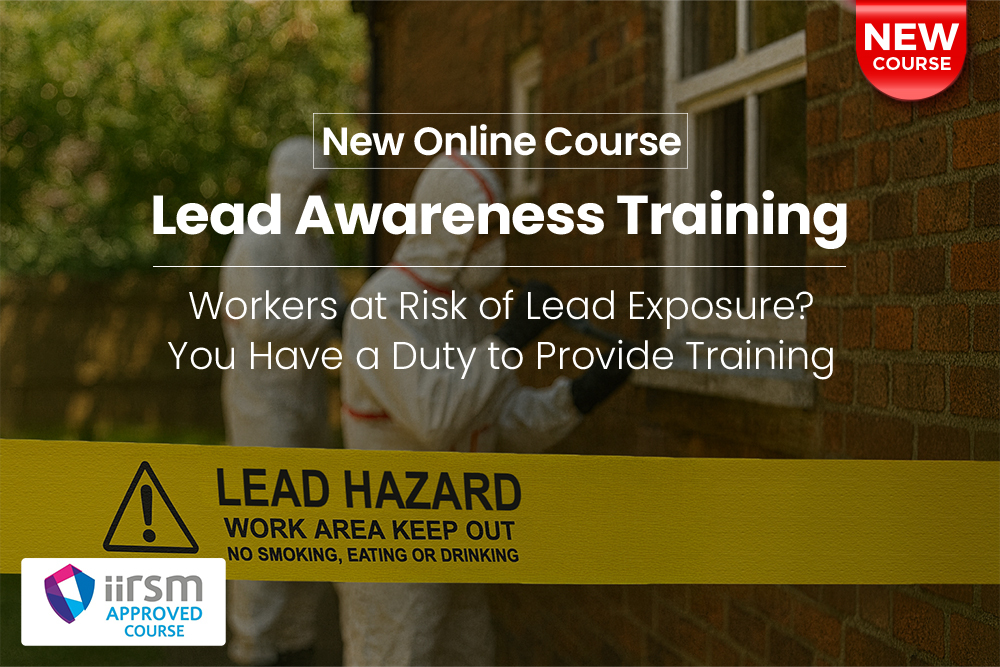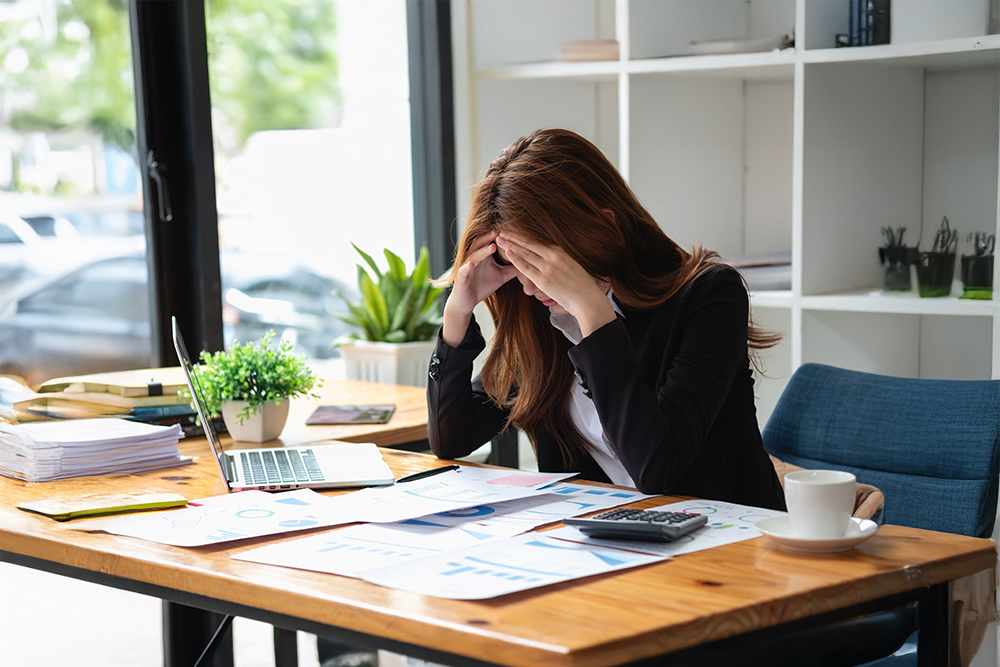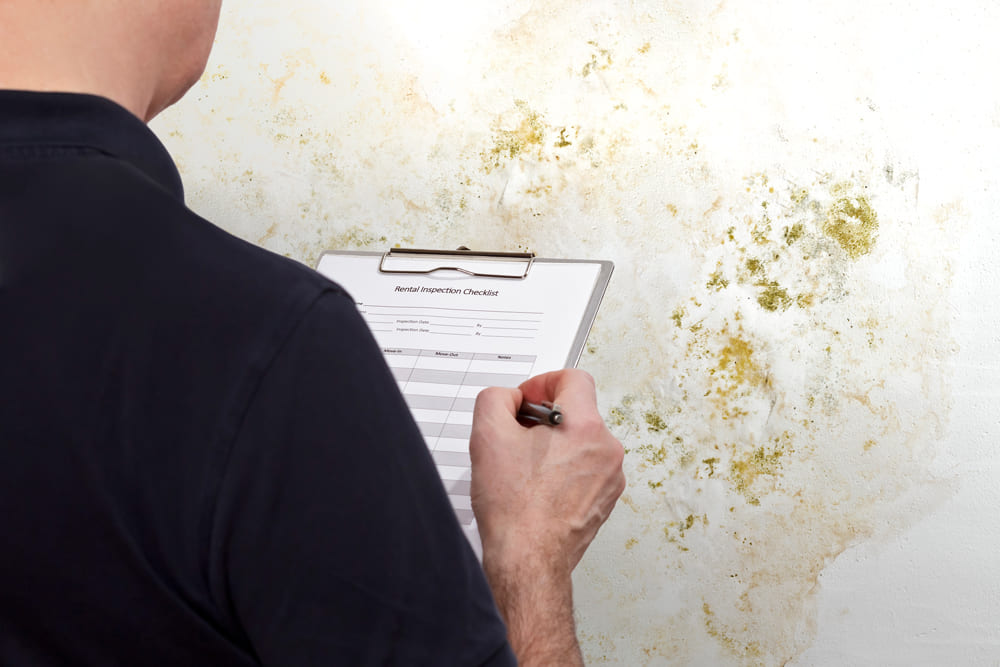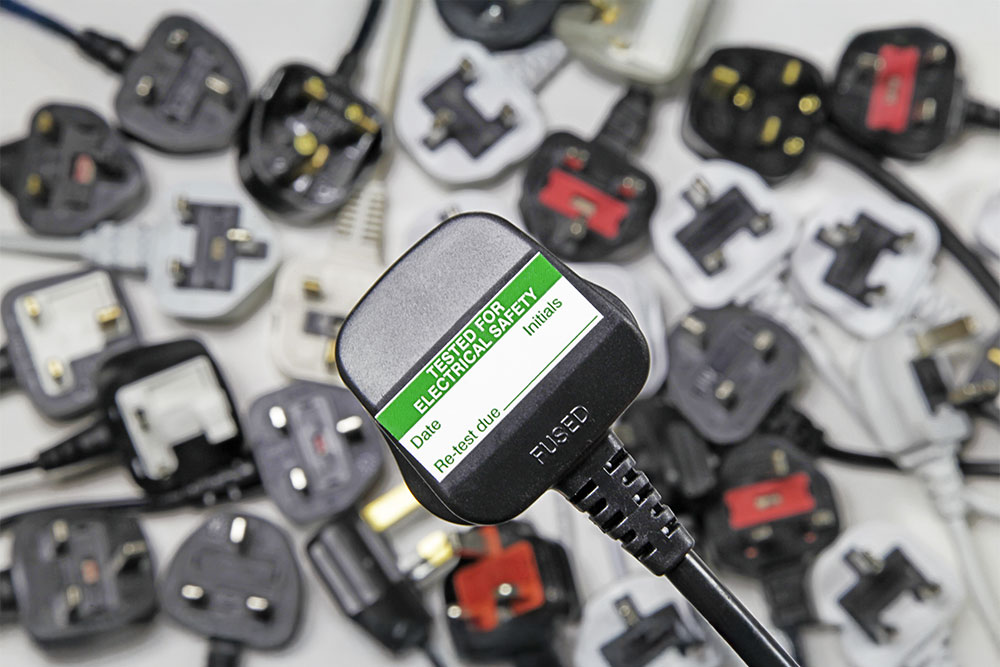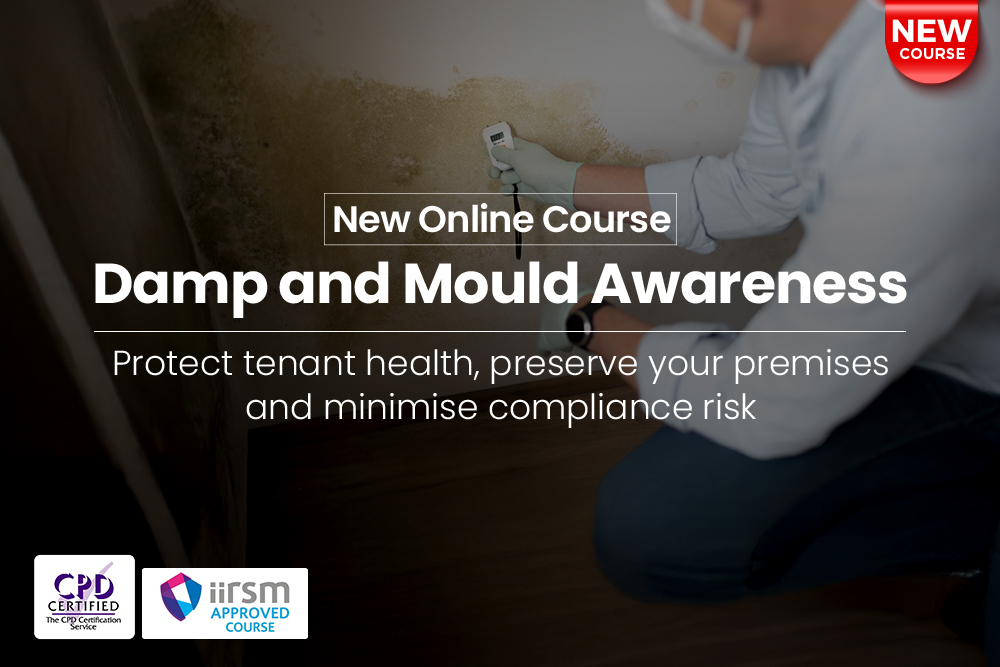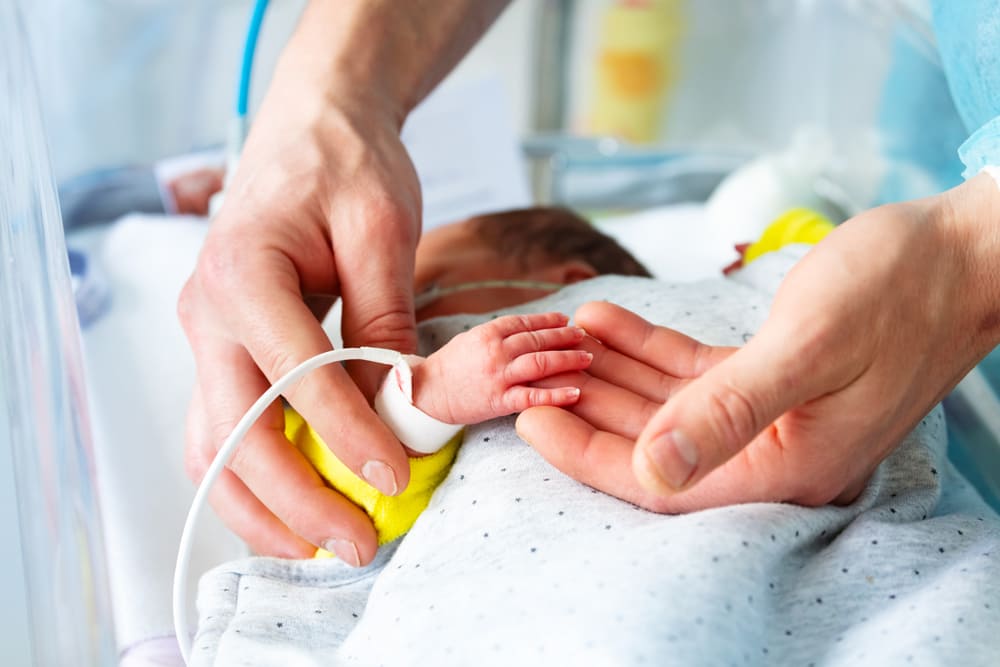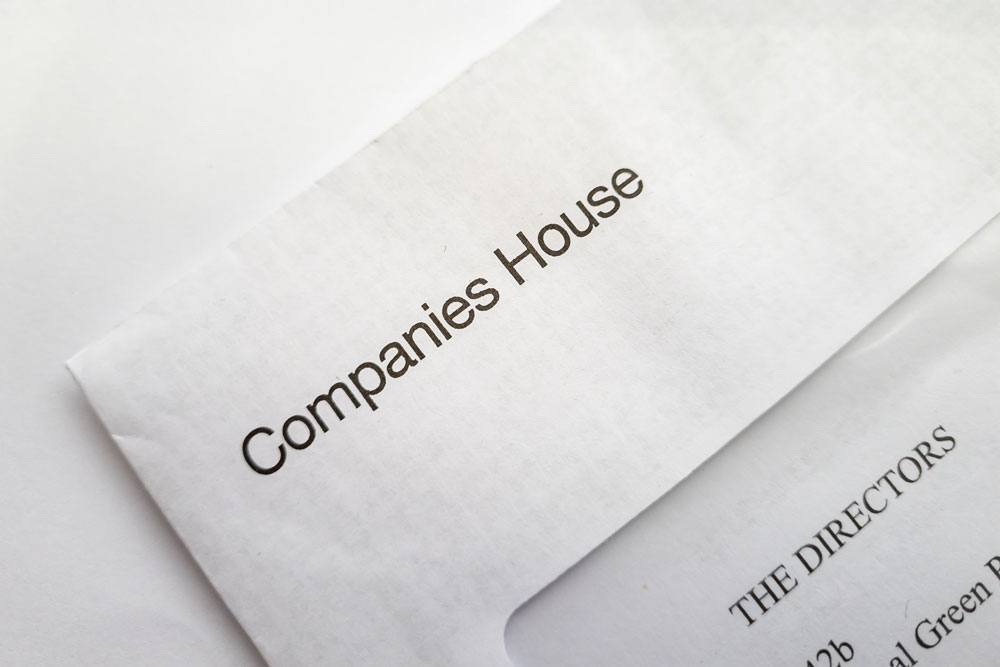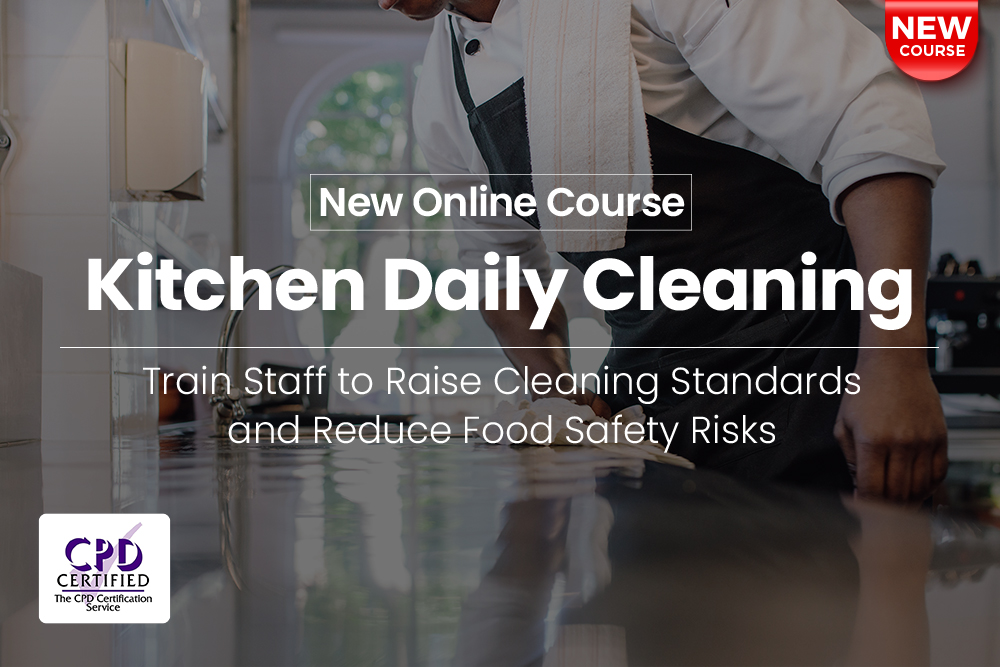
Drinking to relax is a deeply ingrained part of our culture. We’ve been celebrating, commiserating and socialising with a glass of the good stuff for centuries. Despite this, the links between alcohol and mental health still aren’t widely understood.
But it has been determined that there is a clear link between alcohol and depression, stress and anxiety. That short-term feeling of relief and euphoria that alcohol provides might be doing you more harm than good in the long term. Wine connoisseurs and pub regulars might not be too pleased.
If you’re concerned about the impact alcohol is having on your mental health, keep reading. We’ll explain how alcohol affects your mental health and give you some practical tips on how to cut down on your drinking.
How Alcohol Affects Your Mental Health
Sometimes, it can seem like we’re surrounded by booze. We drink when there’s something to celebrate, drink to drown our sorrows, drink to liven up a night out, drink to give ourselves courage and drink to relieve tension. Sometimes, we even drink because we can’t think of anything else to do.
But what’s all this alcohol consumption doing to us?
Everyone knows that alcohol can cause serious physical health issues like:
- Weight gain
- Heart disease
- High blood pressure
- Liver disease
- Increased risk of stroke and cancer
But what about alcohol and mental health? What are those after-work drinks doing to our minds? Does alcohol cause anxiety and depression?
If you’re fond of a tipple, you need to be aware that studies have shown that drinking alcohol increases feelings of anxiety, stress and depression.
Having a drink to help you cope might seem like a good solution. But the uncomfortable truth is that too much booze is bad news for your brain.
How Alcohol Affects Your Brain
When you first sip your favourite adult beverage, it feels good. This is because alcohol stimulates receptors in our body that release dopamine – the chemical that makes us feel good. Dopamine is associated with euphoria and relaxation.
But alcohol toxins also wreak havoc on the brain’s chemical messengers, known as neurotransmitters. Malfunctioning neurotransmitters make it more difficult for the brain to process information.
Eventually, our neurotransmitters can’t do their jobs properly at all. Alcohol slows our reaction times, causes our speech to become slurred and affects our balance. We lose control of our emotions and our judgment becomes seriously impaired. Our impulse control mechanisms are weakened and we experience heightened feelings of anxiety, depression and aggression.
This will sound familiar to anyone who has had a few too many to drink.
Stress and Alcohol
Apart from the daily grind of work, money problems, family issues, or relationship difficulties, we’re also subjected to a constant bombardment of news and information, most of which isn’t good. It’s no wonder that 74% of adults in the UK have reported regularly feeling overwhelmed with stress.
And when we’re stressed out, that initial dopamine hit from an alcoholic drink seems like just the ticket. Almost 60% of Britons surveyed by the charity Drinkaware stated they drank to relieve stress.
Even Shakespeare referred to drinking for stress relief when he had Julius Caesar say, ‘Give me a bowl of wine. In this, I bury all unkindness…’ (Act IV, Scene III, if you’re interested).
Using alcohol to calm our nerves is commonplace. The trouble is, the more we drink, the less dopamine is released, and we start to feel worse than we did before we began drinking.
Some science boffins say that drinking causes us to process stressful information incorrectly and that while drunk, we focus on positive details instead of negative ones. So, drinking gives us an unrealistically optimistic view of our situation, which helps fight stress. But when we wake up, the stress is still there.
Alcohol also causes us to sleep poorly – further decreasing our ability to cope with stress.
Social Anxiety and Alcohol
Have you ever had drinks to build courage before attending a social event? You’re not alone if you have. Research has shown that many people with social anxiety turn to alcohol to help them cope.

And for a little while, those few drinks feel like they’re doing the job perfectly. A person who is under the influence of alcohol will have lower inhibitions and less impulse control, so they’re more likely to be more social. But using alcohol to make you the life of the party can quickly turn out to be the wrong decision.
As your drinking increases during a night out, malfunctioning neurotransmitters make it harder for you to decipher social cues and make you prone to misunderstanding situations. You’re more likely to say the wrong thing, do something embarrassing, get upset about something trivial, or feel paranoid about nothing.
And the next day can be worse.
What is ‘Beer Fear’ or ‘Hangxiety’?
You’ve had a big night out and drank too much because you were nervous. It happens. What also happens is when you wake up, you feel afraid, anxious and depressed.
Along with the usual hangover symptoms of being sick, tired and dizzy, you can also experience increased anxiety and even feelings of panic. Part of this is the worry about what you’ve said or done the night before. This is known as ‘Beer Fear’ or ‘Hangxiety’. But there’s also a chemical reaction happening that exacerbates these feelings.
After a big drinking session, your brain needs to rebalance its chemical levels. This increases the withdrawal symptoms of alcohol and also causes us to have hangxiety. Lack of sleep, dehydration and poor nutrition also ramp up our anxiety levels.
Despite how awful it makes them feel, people who use alcohol to deal with social anxiety are much more likely to continue drinking the next day. It becomes a vicious circle which, over time, can develop into a significant alcohol problem.
Alcohol and Depression
People drink when they feel bad because they want that short-term feeling of euphoria. Alcohol also has a sedating effect on the brain, which initially helps to lessen feelings of depression. Unfortunately, this doesn’t last long.
Alcohol slows down our reactions and distorts our thought processes. Under the influence of alcohol, our troubles often seem much worse than they are.
Alcohol depletes the levels of norepinephrine and serotonin in the brain. These chemicals help regulate our moods and make us feel good. The more you drink, the fewer chemicals you produce, so the worse you feel and the more likely you are to start drinking again. It’s another vicious circle.
The negative impacts alcohol can have on relationships and work can exacerbate feelings of depression. Drinking alcohol can also worsen the side effects of antidepressants. People who have depression and drink heavily are at much greater risk of committing suicide.
If you’ve got the blues, don’t reach for a bottle.
What Are the Long-Term Mental Health Effects of Alcohol?
People who drink alcohol heavily for a long time have reported various negative impacts on their mental health. A study for the UK’s Alcohol Awareness Week showed that heavy drinkers experienced a range of mental health issues, such as:
- Increased anxiety levels
- Increased feelings of stress
- Sleep issues and insomnia
- Loss of memory
- Increased feelings of depression
- Increased feelings of being irritable or angry
Stopping drinking or cutting down on the amount you drink can have an immediate, positive effect on your mental health.
How to Cut Down on Your Alcohol Consumption
- Stay within the recommended guidelines for alcohol consumption
- Drink water or soft drinks between rounds
- Don’t drink on an empty stomach
- Try to have several drink-free days a week
- Try alternative methods to deal with stress, depression and anxiety, such as meditation, yoga, or breathing exercises
- Avoid situations that trigger bouts of heavy drinking
- Reach out to a professional for help if you need it. You can talk to your GP or a local alcohol support service
How to Improve Your Mental Health
Everyone goes through times when they struggle to cope. One in six UK residents says they experience feelings of stress, anxiety and depression at least once a week.
But alcohol and mental health issues just don’t mix. Alcohol won’t make you feel better or help you with your problems. It’ll just make them worse.
If you want to learn how to make positive changes and improve your mental health, sign up for one of our Mental Health Courses.
Our mental health training can help you learn to be more resilient, get better sleep, and enable you to manage work stress more effectively.
Learning about mental health awareness can help you overcome alcohol issues and find healthier ways of dealing with stress, depression and anxiety.
It could be the first step toward a better, healthier, happier, alcohol-free future.




















































































